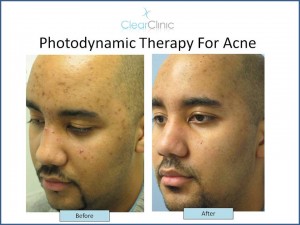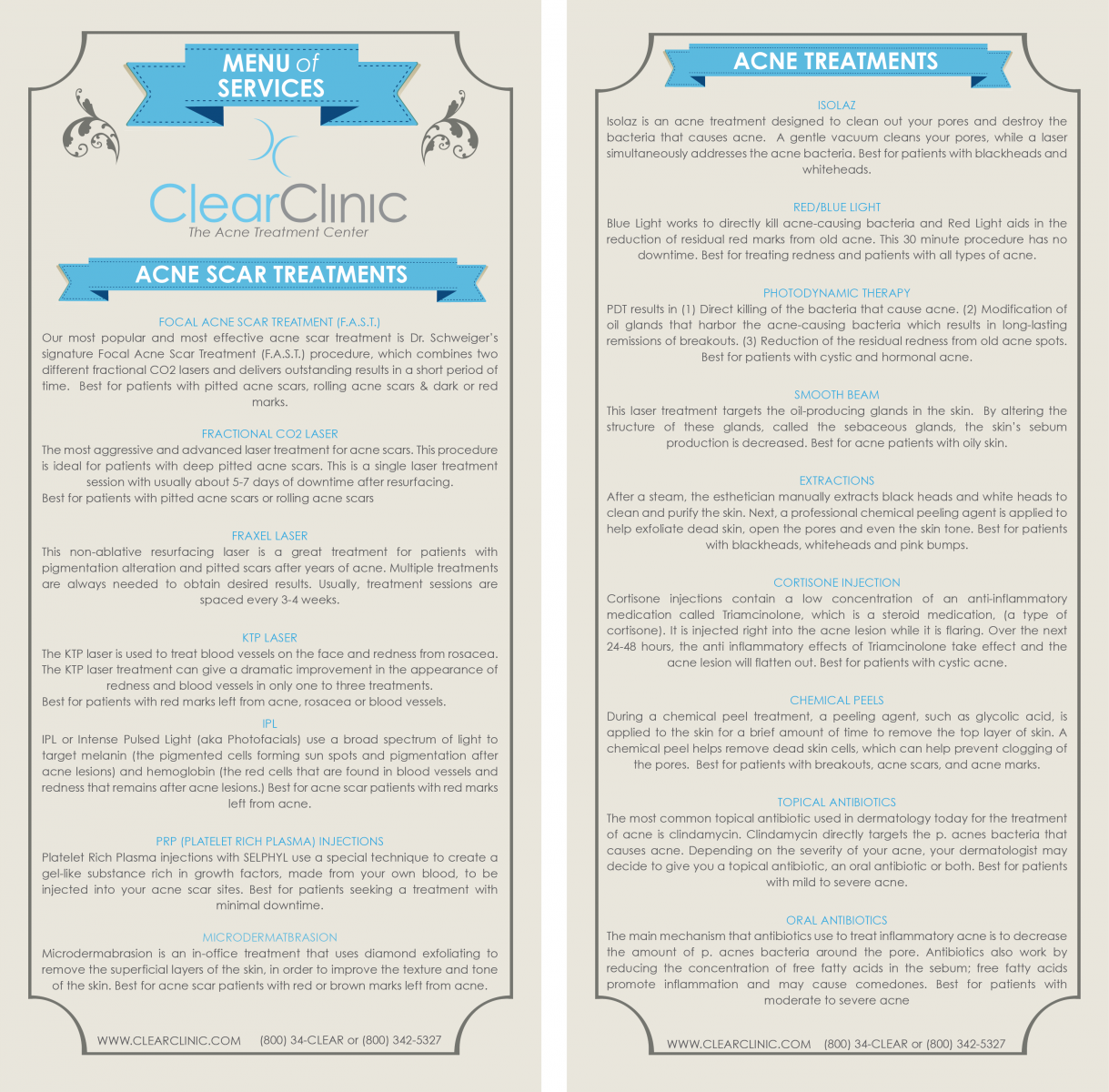Adult Acne Treatment in Wall Street Journal
 In an article and video in this week’s Wall Street Journal, “In the Lab” columnist Shirley S. Wang takes an in-depth look at Photodynamic Therapy, one of the best adult acne treatment options on the market. Acne affects 40-50 million people in the United States, making it the most common skin condition that exists. Although acne is mostly associated with adolescents, adult acne is a real skin issue. The Wall Street Journal cites a study that shows out of 1,013 people, 15% of women and 7% of men over the age of 50 have acne. Acne treatments such as antibiotics and topical prescriptions, while effective, may have negative side effects on some people, others may not respond as well and adults may not want to begin taking oral antibiotics later on in life. Luckily Photodynamic Therapy (PDT) is extremely effective and has little to no side effects.
In an article and video in this week’s Wall Street Journal, “In the Lab” columnist Shirley S. Wang takes an in-depth look at Photodynamic Therapy, one of the best adult acne treatment options on the market. Acne affects 40-50 million people in the United States, making it the most common skin condition that exists. Although acne is mostly associated with adolescents, adult acne is a real skin issue. The Wall Street Journal cites a study that shows out of 1,013 people, 15% of women and 7% of men over the age of 50 have acne. Acne treatments such as antibiotics and topical prescriptions, while effective, may have negative side effects on some people, others may not respond as well and adults may not want to begin taking oral antibiotics later on in life. Luckily Photodynamic Therapy (PDT) is extremely effective and has little to no side effects.
One of the upsides of PDT is that, unlike antibiotics or isotretinoin (aka Accutane), it is not a systemic treatment. Many people do not want to take drugs that can affect their entire bodies. Accutane has been proven to cause serious birth defects, another reason why adult women who are thinking about becoming pregnant would not want to take it. “Photodynamic acne treatments appeal to patients because they are topical and don’t involve introducing medicine to the entire body,” says Wang.
The way that Photodynamic Therapy works is that a topical medication called Levulan is applied to the skin. Levulan, when turned on by a the light, can kill the acne bacteria on your skin. “The resulting photochemical reaction destroys the skin cells that have absorbed the ALA, including specialized cells that produce oil,” explains the Journal. Most patients get terrific results and a major improvement in their acne breakouts and active lesions after a series of about 4 to 7 PDT treatments. Results can last for years and sometimes be a permanent solution to acne breakouts.
Clear Clinic is proud to offer Laser and Light Packages for acne treatment.

